Strategic foodtech app transformation
Project takeover for better UX and performance

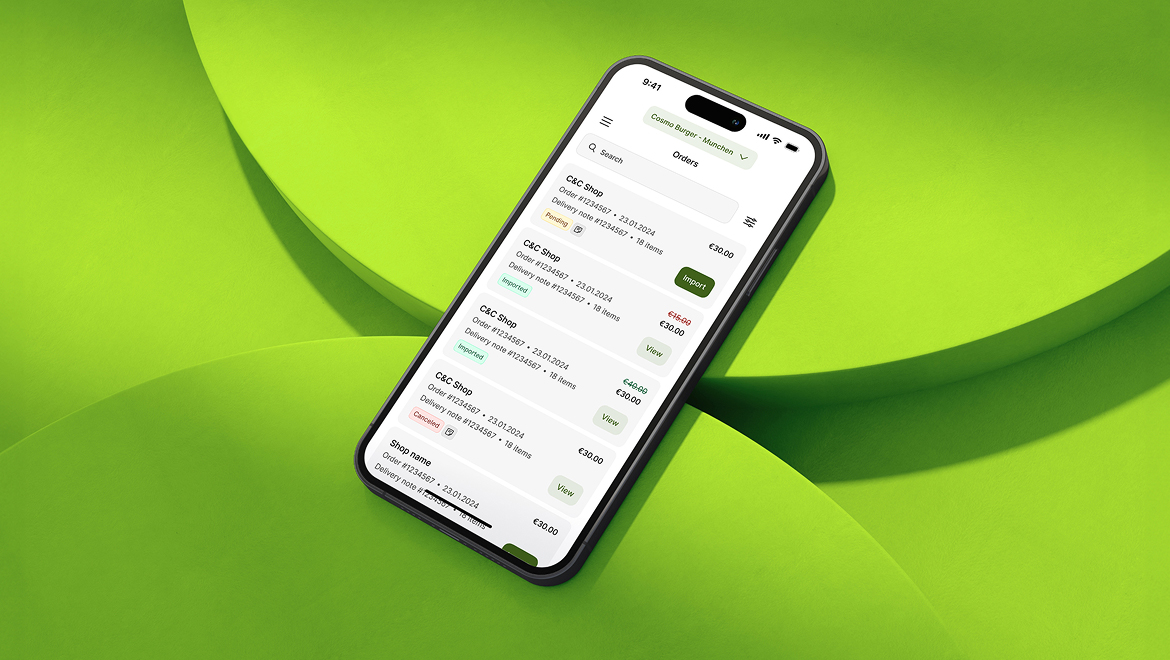
Introduction
About project
The supply chain in the hotel and catering industry is a delicate ecosystem - like a network of interconnected vessels. Its constantly shifting demand for food and beverages often leads to overstocking, shortages, and significant food waste. This creates the perfect storm for a smart digital solution.
Foodnotify saw this opportunity and launched a platform tailored to managing food and beverage supply chains in the hospitality sector. Their core mission? To boost operational efficiency, increase transparency, and - most importantly - promote sustainability in gastronomy, with a strong focus on reducing food waste. By offering integrated modules for order management, recipe planning, inventory control, catering, and analytics, the platform streamlines product flow and helps businesses avoid both stock shortages and costly surpluses.
While the idea was a hit from the start, Foodnotify initially struggled to improve the experience and continuously develop the platform, especially when working with an external agency. That’s when Miquido stepped in. Drawing on our experience in the foodtech sector, we took over the project and gave it a boost it needed.
Our collaboration continues to this day, resulting in a cohesive and efficient team that works closely with Foodnotify’s developers. The platform has been successfully refactored, and its performance now speaks for itself - showcasing the power of strong teamwork and the right technological approach.
Industry
Foodtech
Project type
Mobile, Backend, Project takeover
Duration
+9 months (ongoing)
Tech stack
Mobile:
Flutter
Backend:
PHP, Design

Project Challenges
Low code quality and slow feature delivery
Upon taking over the project, we found the codebase required significant improvement in terms of consistency and adherence to best practices. The existing structure presented challenges for effective team collaboration and feature development.
Technical debt had accumulated, requiring developers to spend considerable time addressing underlying issues rather than focusing on new functionality. This situation made it difficult to adapt quickly to changing business requirements and increased the risk of introducing bugs with each change.
Performance issues and missing documentation
The foodtech app suffered from noticeable performance problems, such as slow response times and inefficient resource usage. This directly impacted user experience, making the app feel sluggish and unreliable. Additionally, the lack of comprehensive and up-to-date documentation - including API documentation - made it difficult to understand the system architecture and previous design decisions. This slowed development and increased the risk of introducing bugs or redundant work.
Ineffective project management and mobile app challenges
The project lacked clearly defined priorities, leading to confusion and delays in delivering results. The mobile app, built with Flutter, used custom implementations for basic features instead of proven open-source solutions. It also lacked a defined architecture and automated quality checks, which led to higher development costs and reduced maintainability. Altogether, these problems held back the app’s performance, reliability, and time-to-market.
Unreliable offline functionality
The app was frequently used in environments with limited or unstable internet connectivity, a common scenario in the hotel and catering industry where supplies are often stored in areas with poor network coverage. Critical tasks—such as ordering missing supplies or reviewing inventory—needed to function reliably regardless of network state. However, the existing offline mode features were inconsistent and unreliable, resulting in missing key products in stock at crucial moments. This compromised operational efficiency and undermined user trust in the app’s core functionality.

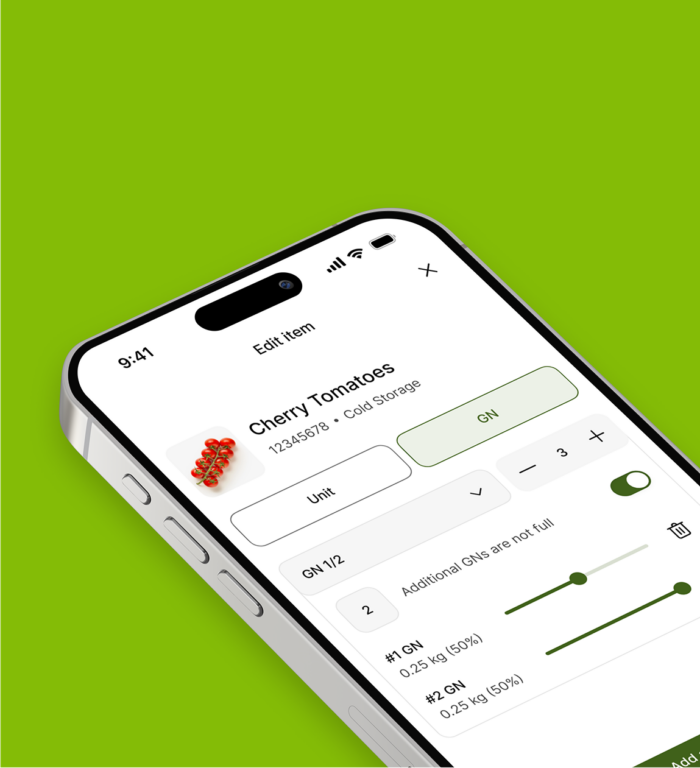
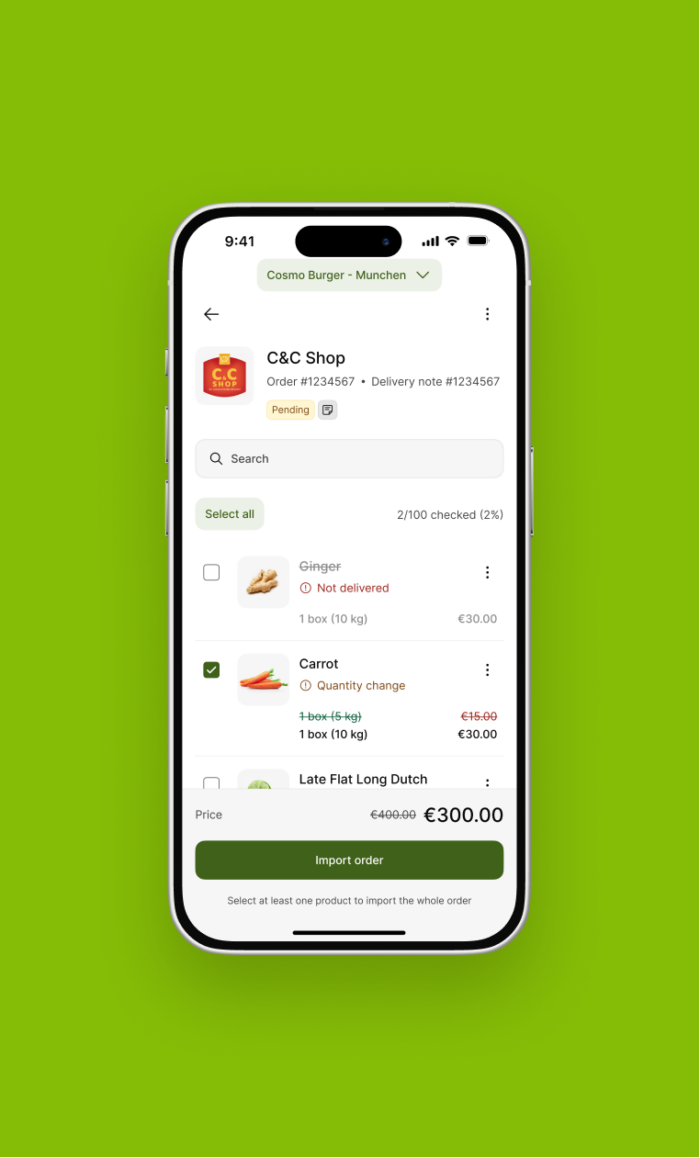
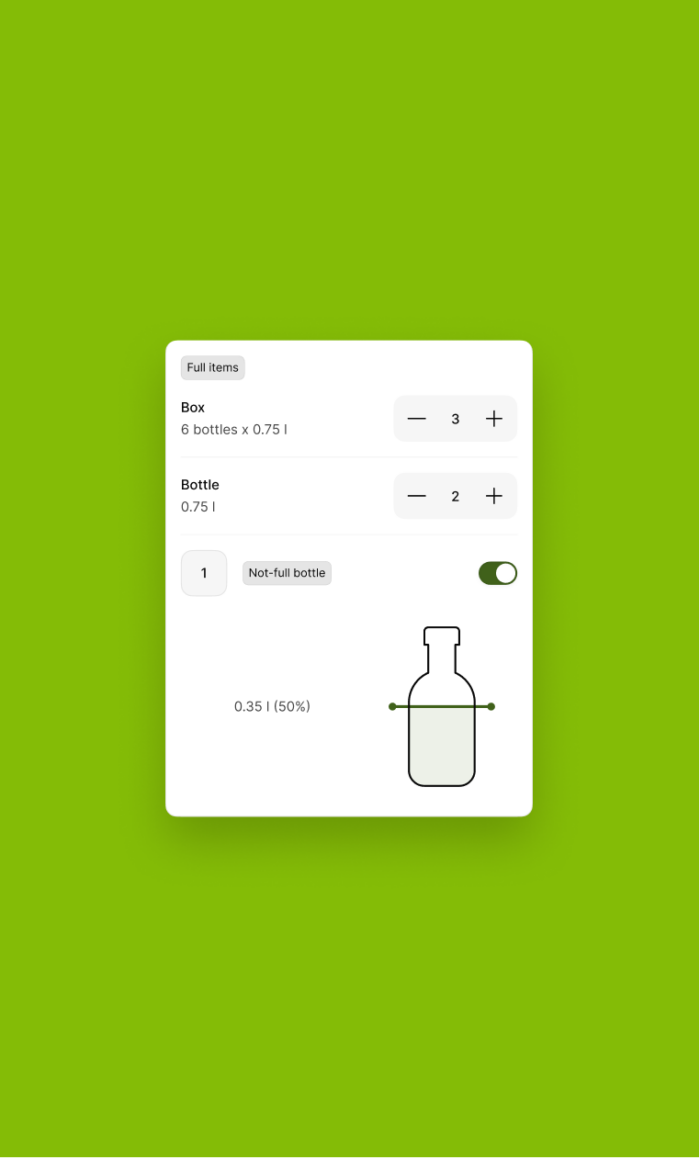
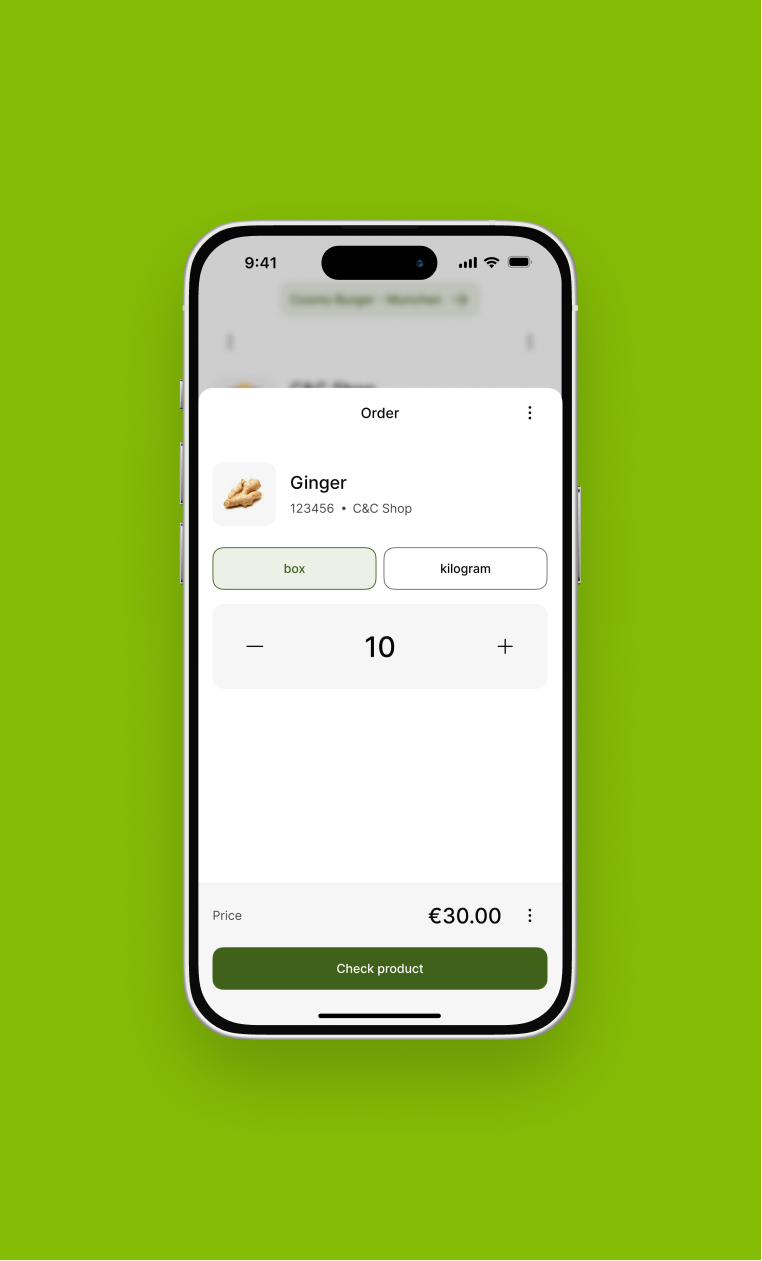
Solutions
Getting to the root of the problem through in-depth analysis
Miquido’s technical audits and process reviews helped the client fully grasp the scale of both technical and organizational challenges. We traced performance issues back to their core causes and visualized the long-term risks of lacking documentation and coding standards. This brought clarity and urgency to areas that had previously gone unnoticed.
A strategic path to recovery and growth
Miquido’s team designed a detailed takeover plan that laid out a clear step-by-step path for stabilizing and evolving the project. Our first move was to define priorities and improve communication, eliminating misunderstandings and smoothing out collaboration. By introducing agile project management methods with regular touchpoints, we ensured full transparency and better alignment with the client’s expectations.
A smarter process for managing requirements and design
From day one, our team emphasized structured requirement management and close collaboration on design. After gathering key insights and understanding the client’s business domain, we built a prioritized and detailed task backlog. This living document evolved continuously, keeping developers focused and minimizing downtime or confusion thanks to clear, actionable guidance.
Strategic project takeover and sustainable development
A thorough analysis of the existing codebase and tech stack enabled us to craft a precise refactoring roadmap. Miquido rolled it out iteratively, weaving in technical improvements alongside new business features. This approach allowed us to deliver continuous value to the client while steadily reducing technical debt, setting the foundation for a more robust and scalable product.
Seamless offline experience
To address the connectivity challenges, we implemented an offline-first approach for essential inventory and ordering tasks. This solution ensures that users can seamlessly perform key actions, such as updating stock levels or preparing supply orders, even without a stable internet connection. Data is securely stored and synchronized automatically once connectivity is restored, minimizing the risk of missing or inconsistent information.
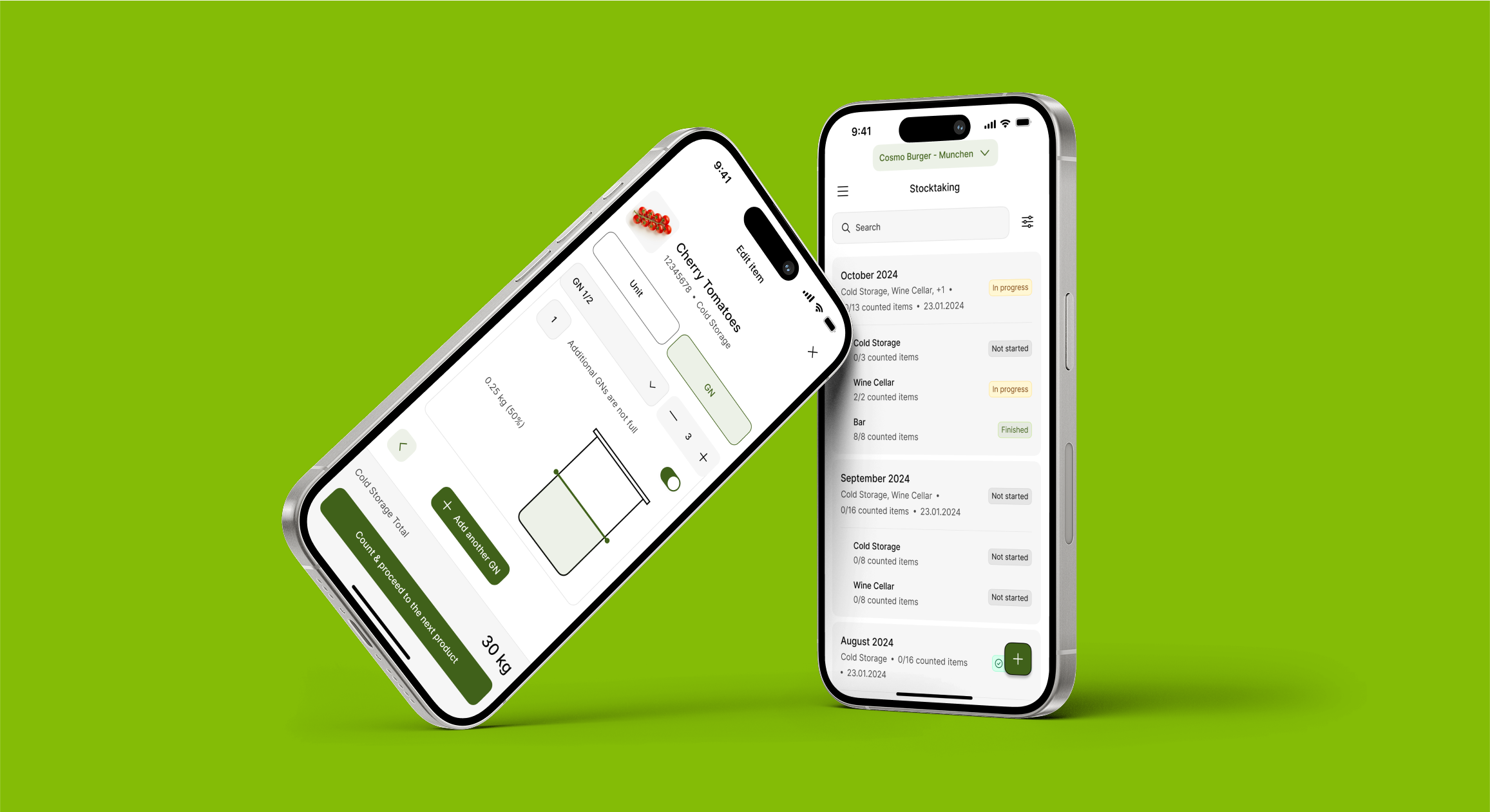
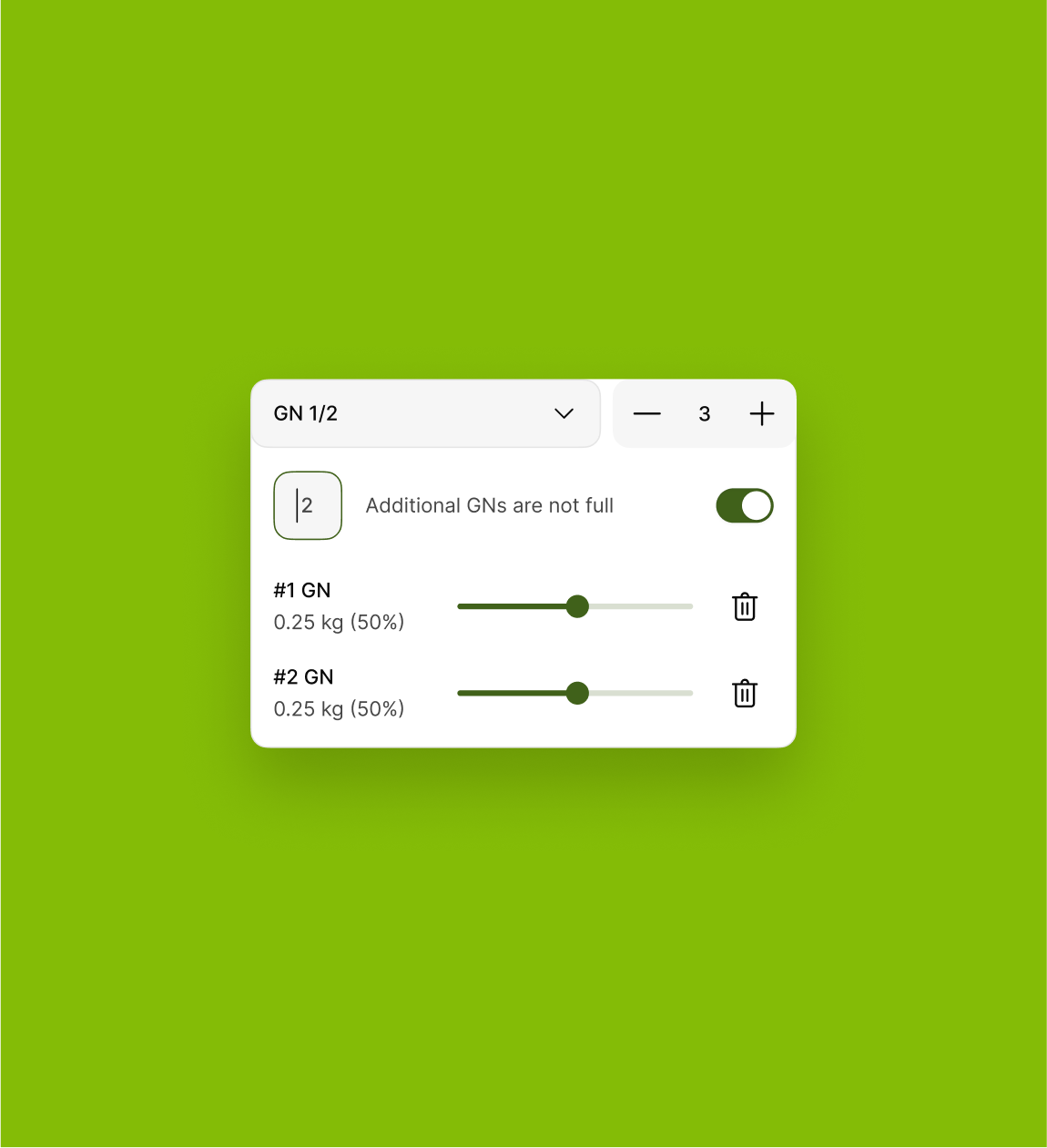
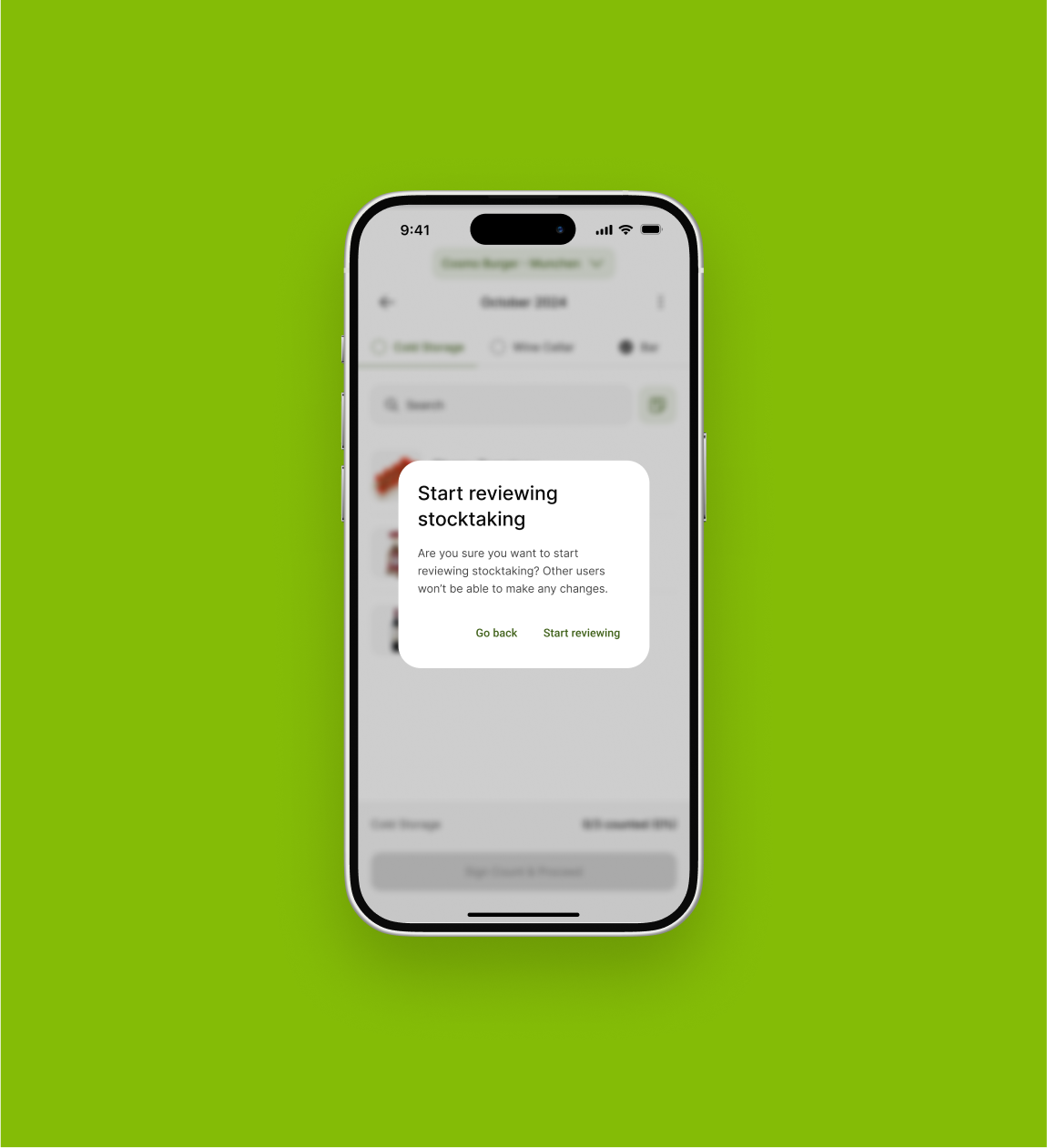
Results
Boosting platform stability and performance
By executing a targeted refactoring and tech modernization plan (Symfony, PHP, and Flutter update), Miquido significantly improved the platform’s stability and efficiency. Performance bottlenecks and recurring errors were eliminated, leading to a smoother user experience, lower maintenance costs, and a more sustainable path for future development.
Laying a foundation for long-term user confidence
Alongside the improvements in performance, we ensured users had access to critical features offline, guaranteeing stability so critical in the foodtech sector. By prioritizing offline reliability for core workflows, we significantly improved operational efficiency and user confidence, enabling the app to support business-critical processes regardless of network conditions.
Accelerating business value delivery
Streamlined development processes, agile methodologies, and cleaner code enabled the team to release key features faster and more reliably. A clear, prioritized backlog and a well-defined collaboration model ensured continuous workflow and a more responsive approach to evolving business needs.
Strengthening market position and partner confidence
With a stable, modern, and scalable platform, Foodnotify was able to solidify its reputation as a trusted technology partner in the industry. This reliability opened doors to deeper collaboration with leading players in the food and beverage sector, such as L’Osteria, and unlocked new business opportunities for growth in foodtech.
Available for projects
Want to talk about your project?
Partner with us for a digital journey that transforms your business ideas into successful, cutting-edge solutions.